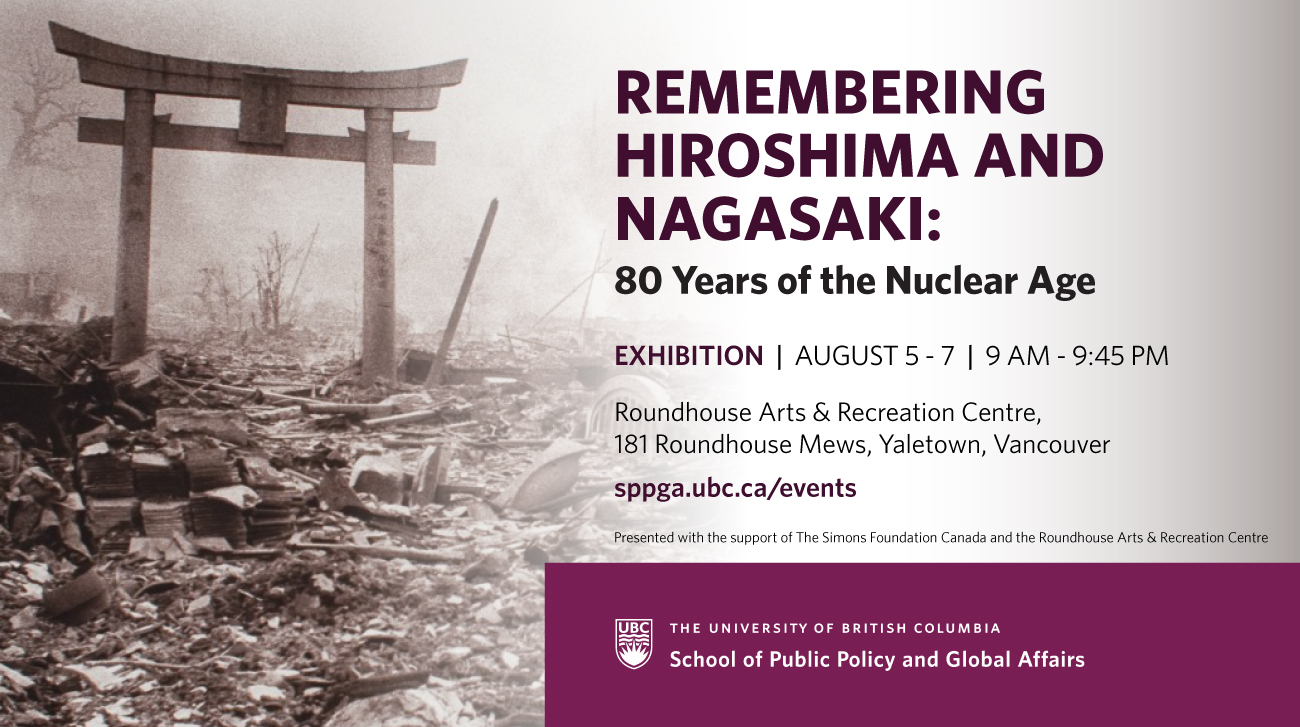Some of the most enduring and dangerous territorial disputes seem to display the characteristic of so-called issue indivisibility, with at least one side of a dispute taking a position of all-or-nothing. Moreover, historical ownership is frequently invoked in such disputes to justify uncompromising policy stances. We investigate these phenomena by developing a theoretical argument for how historical ownership can be a source of a perception of territorial indivisibility, which then can cause bargaining failure and war. We implement a survey experiment in China to test the hypotheses derived from the theory. We find that historical ownership plays a significant role in the respondents’ perception of territory indivisibility compared with the alternative scenario of no such ownership. Furthermore, those who perceive a territory to be indivisible are more likely to favor economic sanctions and military solutions to the dispute, and much less likely to support bilateral negotiation and IO arbitration. These findings are broadly consistent with our theoretical expectations and have significant policy implications.
Please RSVP here. Light lunch and beverage will be provided for registered participants.
Sponsor: Centre for Chinese Research, Department of Political Science

